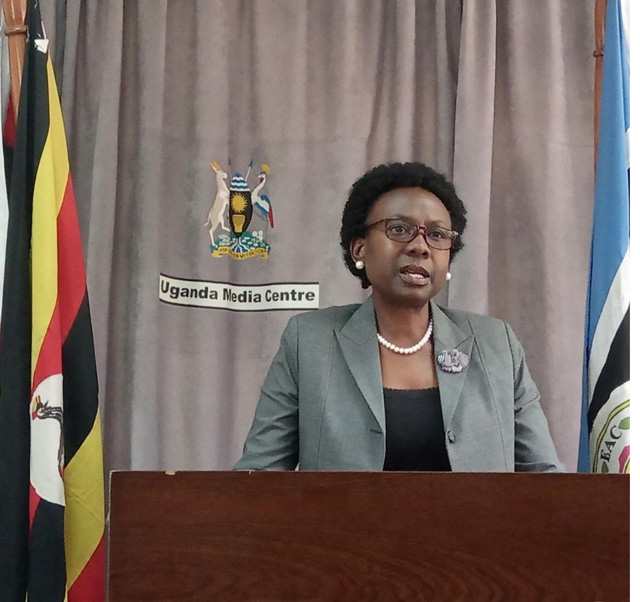
Kampala, Uganda | THE INDEPENDENT | The Ministry of Health has said 67 percent of Multiple Drug Resistant Tuberculosis – MDRT cases are not being detected in the country.
Figures from the health ministry show that 80,000 Ugandans are infected with TB annually. With one in every 100 newly diagnosed TB patients, and 12 in every 100 previously treated TB patients having MDR-TB.
However, only 33 percent of people suffering from drug resistant TB are detected and enrolled on treatment according to recent figures published by the health ministry.
Dr. Stavia Turyahabwe, the Assistant Commissioner Health Services in charge of TB control says that the country can only diagnose 33 percent of all cases with drug resistant TB due to the lack of gene expert machines.
Dr. Turyahabwe says most health facilities only have microscopes to detect the disease among persons being diagnosed for the first time but not cases of resistant. As a resistant, many cases go undetected.
Ideally, every district should have at least one genexpert machine but few districts in the country have them. In their absence, health facilities rely on sample transportation system to pick samples and have them tested.
However, Dr. Turyahabwe says many cases go undetected due to logistic challenges and the high cost of testing.
Dr. Turyahabwe says even when the country has increased its capacity to detect the disease by 80 percent, due to the challenges in detecting drug resistance TB, the spread of the disease is likely to increase.
Last year, 1,500 patients who were tested for the disease had drug resistant TB. Dr. Turyahabwe says if nothing is done to detect all cases, the cost of treating MDRTB will increase.
The 2020 TB Global Report that was released on Wednesday by the World Health Organisation shows that 206,030 people with MDRTB were detected in 2019. To increase the number of persona detected, the UN health agency calls upon countries to improve detection of the disease.
Dr. Tedros Adhanom Ghebreyesus, the WHO director general says countries need to do more to ensure that all TB cases are detected so that infected persons can be started on treatment.
“Equitable access to quality and timely diagnosis, prevention, treatment and care remains a challenge. Accelerated action is urgently needed worldwide if we are to meet our targets by 2022.”
********
URN
 The Independent Uganda: You get the Truth we Pay the Price
The Independent Uganda: You get the Truth we Pay the Price





